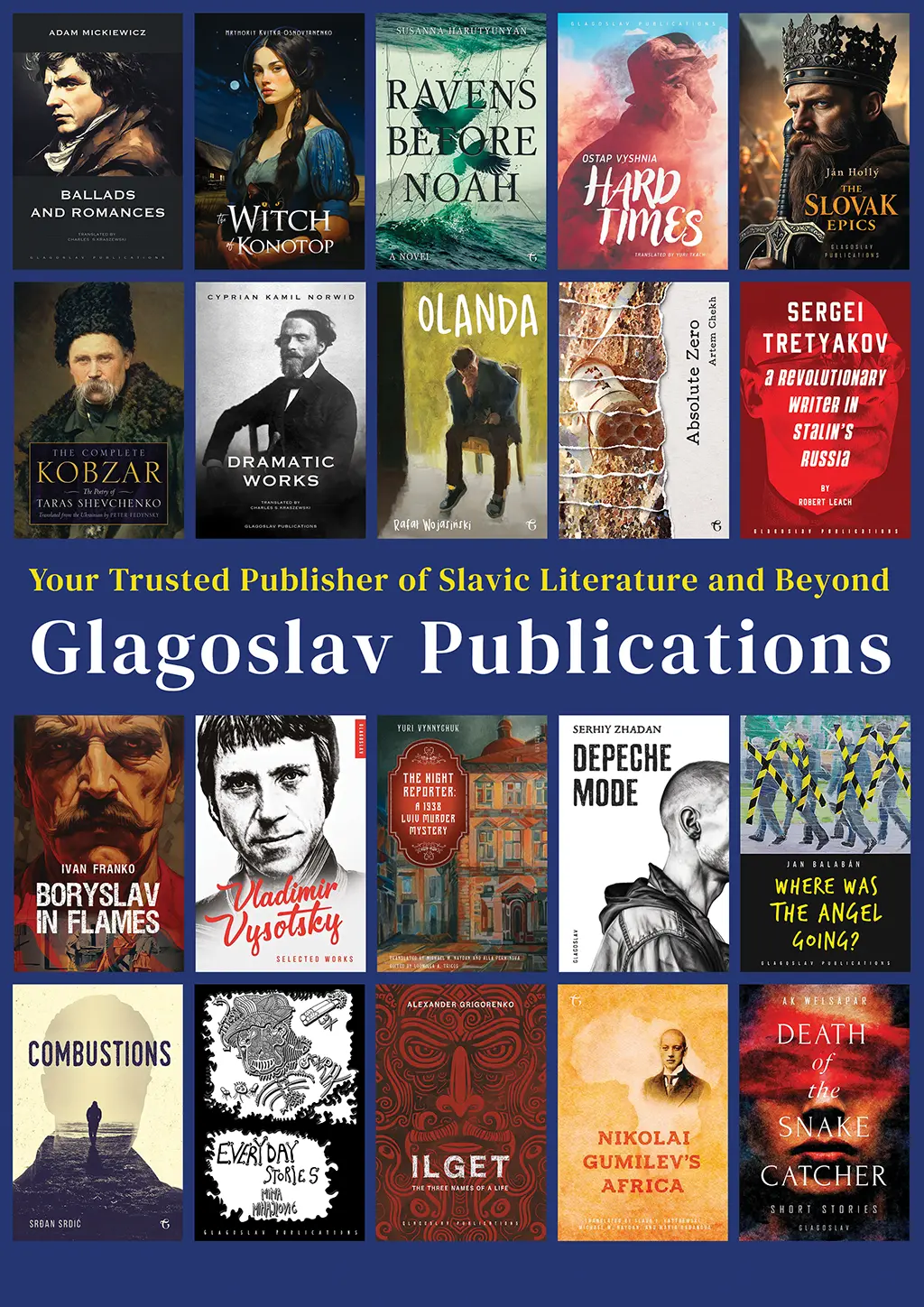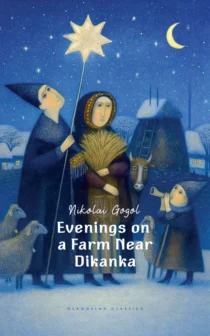Nikolai Gogol
Nikolai Gogol (1809-1852) remains one of world literature’s most profound enigmas, a Ukrainian-born writer whose laughter often masked deep melancholy and whose meticulous realism was frequently infused with the grotesque and supernatural. His fervent spiritual quest ultimately led to a tragic end.
Born in Sorochyntsi, Ukraine, Gogol’s heritage deeply influenced his early work. His father wrote Ukrainian comedies, and his mother’s religious, superstitious nature, along with regional folklore, provided rich material. Educated at home and then the Nizhyn Lyceum (1821-1828), he developed his literary inclinations, participating in theatre and beginning to write, absorbing Romantic influences and the vibrant Ukrainian culture.
Arriving in St. Petersburg in 1828, Gogol faced initial disappointment. His self-published poem Hans Küchelgarten (1829) was a critical failure, which he famously burned. Brief, disillusioning stints in the civil service provided fodder for later satires. His breakthrough came with Evenings on a Farm Near Dikanka (1831-1832), celebrated for its vibrant Ukrainian folklore, humor, and supernatural elements. This period also saw him enter Alexander Pushkin’s influential literary circle, gaining crucial mentorship.
Gogol’s creative output flourished. Mirgorod (1835), with stories like “Taras Bulba” and “Viy,” showed growing depth. Arabesques (1835) included seminal “Petersburg Tales” like “Nevsky Prospekt” and “Diary of a Madman,” exploring urban alienation. His comedic masterpiece, The Government Inspector (1836), a biting satire of provincial corruption, caused an uproar. He also began his epic, Dead Souls.
Disheartened by reactions to his play, Gogol left Russia in 1836, spending twelve years abroad, mostly in Italy. He completed Dead Souls, Part I (published 1842), a satirical sensation depicting a conman buying titles of deceased serfs. However, Gogol grew increasingly preoccupied with sin and redemption, viewing his work as a divine mission. His 1847 publication, Selected Passages from Correspondence with Friends, a didactic and reactionary work, was widely condemned, deeply wounding him. He fell under the influence of the stern priest Father Matvey Konstantinovsky, who reportedly discouraged fiction.
Returning to Russia in 1848, Gogol was tormented by spiritual anguish. A pilgrimage to Jerusalem brought little peace. He struggled with Dead Souls, Part II, which he envisioned as a redemptive arc. In a spiritual crisis in February 1852, influenced by Father Matvey, he burned the manuscript. He then refused food and succumbed to self-neglect, dying in Moscow on March 4, 1852, aged forty-two.
Gogol is a foundational figure of Russian literature, profoundly influencing writers like Dostoevsky (“We all came out from Gogol’s ‘Overcoat’”). He masterfully blended high rhetoric with colloquial speech, irony, and the grotesque, fusing the mundane with the fantastical. The enigma of Gogol—the brilliant satirist who yearned to be a spiritual prophet, dying in despair—continues to fascinate, his work a testament to the tension between the ideal and the real.
Showing the single result

